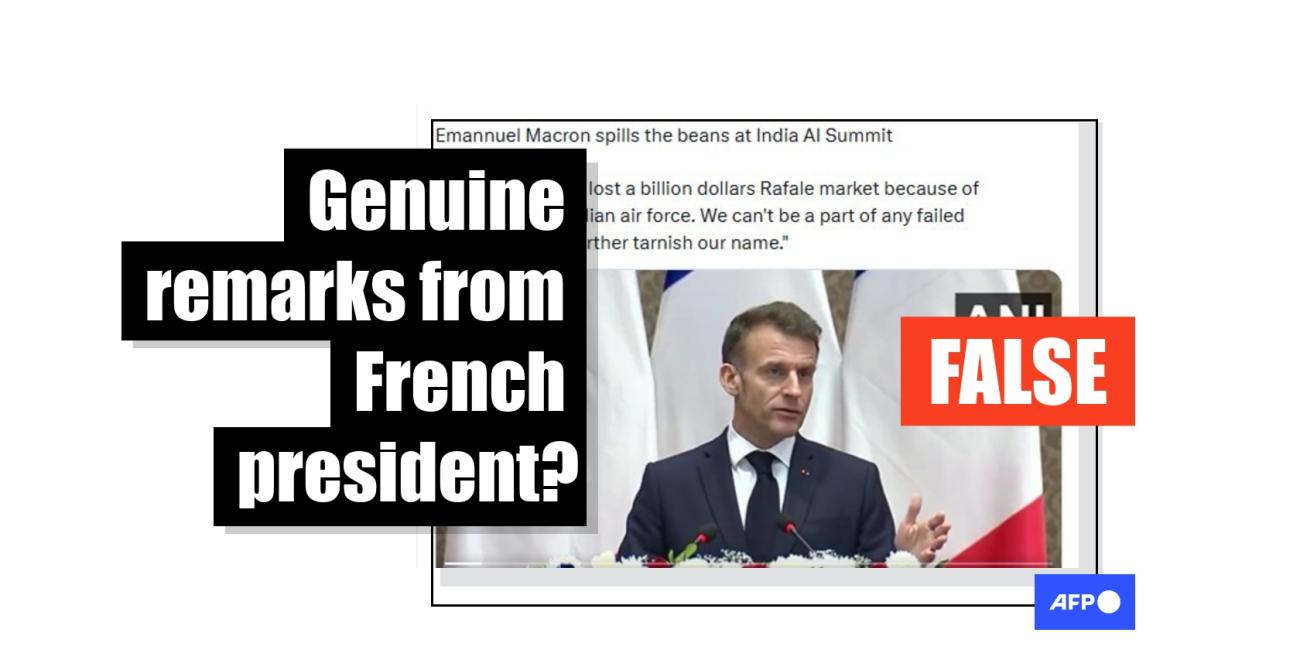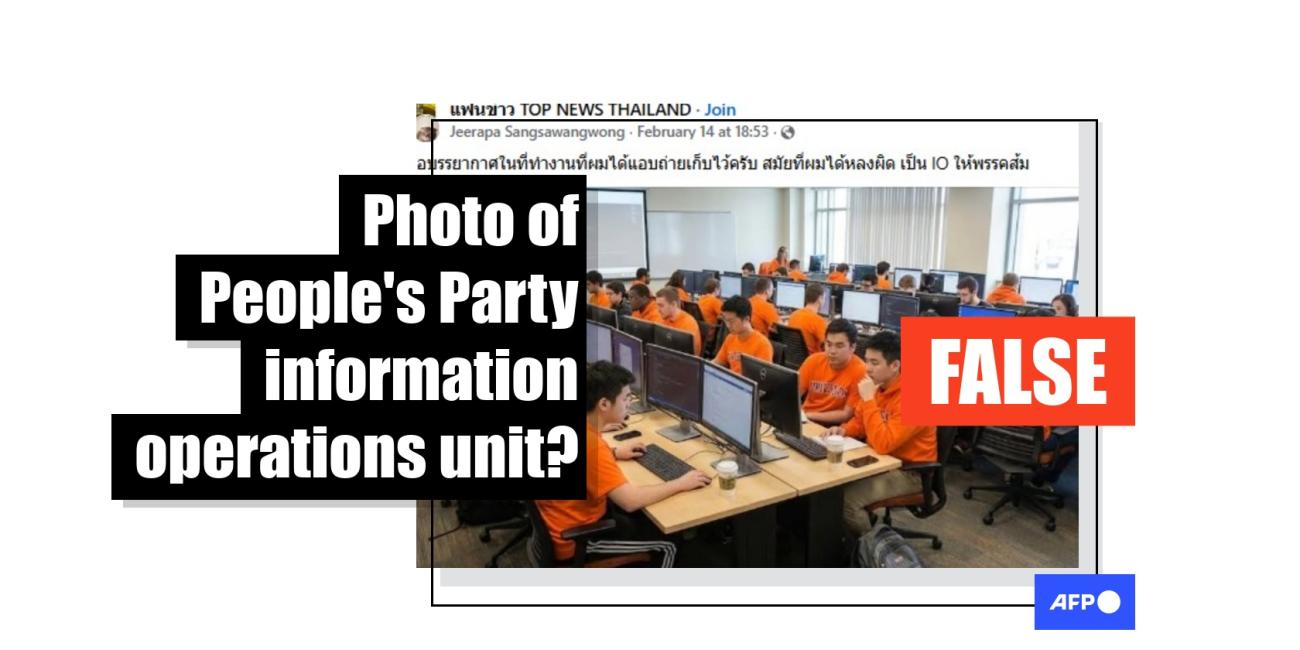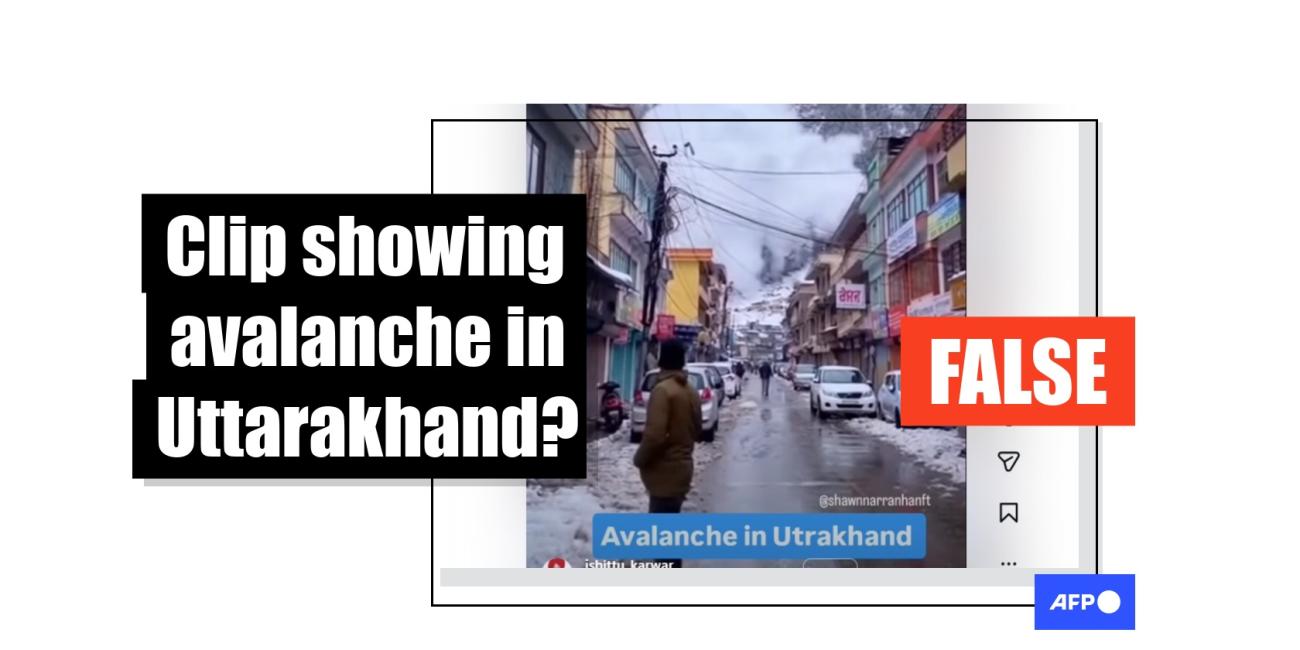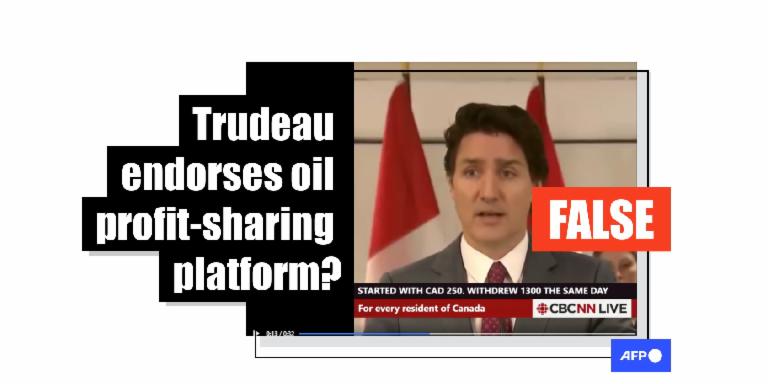
Deepfake video promotes Canadian investment scam
- This article is more than two years old.
- Published on May 4, 2023 at 21:38
- Updated on April 29, 2024 at 17:10
- 3 min read
- By Gwen Roley, AFP Canada
"The natural resources of the country should belong to the people and the residents of Canada should receive income from their sale," Trudeau appears to say in a video advertisement posted on Facebook on April 19, 2023.
This video also includes clips of Canadian Broadcasting Corporation (CBC) anchor Aarti Pole explaining that Petro-Canada, a Canadian oil and gas brand, has launched a new investment platform available to all residents of the country.
"More and more residents are learning about the new platform and are starting to earn thousands of dollars a month using just their phones," Pole says.
The ad was viewed more than 15,000 times, while a similar video promoting an investment opportunity with Petro-Canada received 7,000 views.

Petro-Canada was once a public Crown corporation until it was privatized in 1991 and then merged with Suncor Energy in 2009.
Mita Adesanya, a spokeswoman for Suncor, confirmed to AFP in a May 1 email that the offer advertised in the video is not legitimate.
The link in the posts sharing the ads is also suspicious. It takes users to a site claiming to be based in New Zealand that includes a form to input personal information to receive a "specialist consultation."
Manipulated video
CBC spokeswoman Kerry Kelly told AFP in a May 1 email that clips in the ad featuring Pole never aired on the network.
"These are more examples of the fake news stories and images we've been seeing," Kelly said.
AFP has fact-checked several posts impersonating Canada's public broadcaster to spread false claims.
Nor did Trudeau endorse the purported investment platform.
A reverse-image search of a screenshot from the clip leads to a video of the prime minister in New Brunswick on March 31. In the video, he is discussing the deaths of a family who attempted to cross the Canada-US border the day before and does not mention natural resources or investment opportunities.
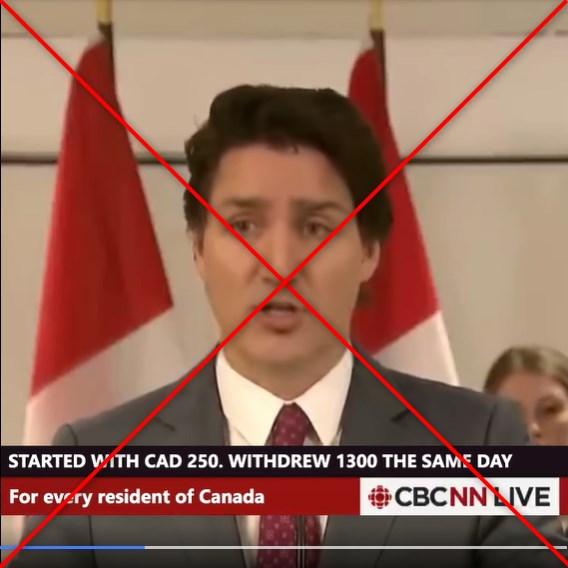
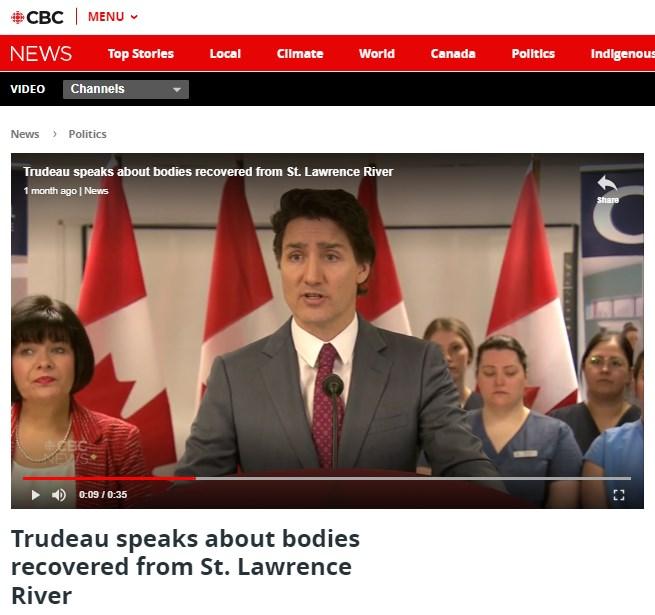
Deepfakes spreading falsehoods
A deepfake is a piece of synthetic media altered using artificial intelligence to create a false narrative, which can in some cases be deceptive.
WonSook Lee, a professor at the School of Electrical Engineering and Computer Science at the University of Ottawa, said the term comes from "deep learning," a multi-layered form of artificial intelligence (AI) meant to emulate the human brain which enables a computer to learn from the data it consumes. This setup allows a program take in an image, audio or video, synthesize the data from the file and then use that analysis to create a new piece of media that mimics the original's characteristics.
Deep learning is different from other forms of AI because of its ability to adapt as it consumes more data.
"So, if we have the wrong data, we can put all these things inside the system and make it better," she said.
Lee said the Facebook ad is an easily spotted deepfake, pointing to the way the words Pole and Trudeau are supposedly saying do not align with the movements of their mouths.
She said the fabrication was likely produced using a segment-based model, where only parts of the video are synthesized and mimicked, leading to the disconnect between the lips, the audio and the rest of the face in the final product.
Lee warned that as the technology used to create video deepfakes becomes more refined, it will become easier to spread misinformation.
"Sooner or later there will be technology to make everything much more connected, after that I won't be able to distinguish," she said.
AFP has previously reported on deepfakes and fraudulent investment schemes targeted at Canadians.
Copyright © AFP 2017-2026. Any commercial use of this content requires a subscription. Click here to find out more.
Is there content that you would like AFP to fact-check? Get in touch.
Contact us
